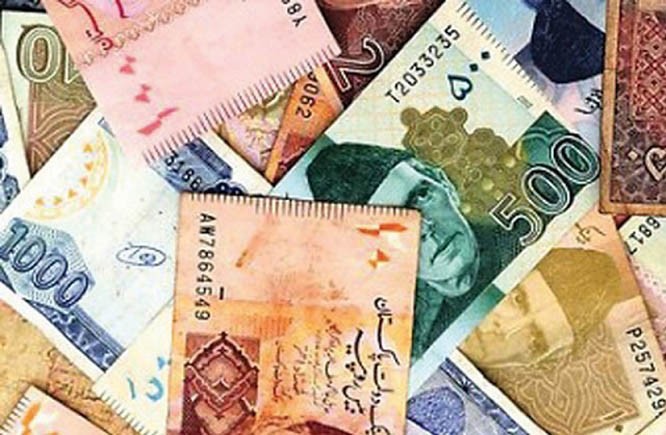
The tug of war for increased share from the federal divisible pool continues between the centre and the provinces

Although the constitution ensures that the share of the provinces under the national finance commission award cannot be reduced from what it is in the 7th NFC Award, nonetheless there have been attempts to increase the share of the federal government under the next (9th) NFC Award.
This can be made possible if the 18th amendment is amended but the PTI government does not have a two-thirds majority in both the Houses of the Parliament to be able to institute such a change. A 9th National Finance Commission has been reconstituted.
Under the current NFC formula, the Khyber Pakhtunkhwa government gets one per cent share to compensate for losses it has suffered due to terrorism before the application of the NFC Award divisible pool, which awards a 42.5 per cent share to the federal government and 57.5 to the four provinces.
The federation wants to have 7 per cent share before application of the formula to the divisible pool. Of this 7 per cent of the total divisible pool, the federation wants to spend 4 per cent on the Fata area and Kashmir and 3 per cent on security matters. This means before applying the formula to the divisible pool, a total of 8 per cent of the divisible pool would be deducted and thus provinces would receive less amount.
Under the Constitution the formula of 57.5 percent for provinces and 42.5 for federation cannot be changed, but the federal government wants 7 percent share before application of the formula on the same pattern of 1 percent being paid to KP, said Dr. Kaiser Bengali, a senior economist and former member of the NFC from Sindh.
The federation wants this 7 percent amount on spending on the FATA area (4 percent) and security (3 percent), he added.
He says despite the fact the share of provinces has increased on paper under the NFC Award, they still receive less due to the federal government’s share mentioned above.
According to him, under the 18th Amendment the provincial governments have now more powers to collect General Sales Tax (GST) on Services and they can make their development programmes without seeking permission from the federal government. This has benefitted the provinces.
During the last fiscal year (2017-18), Punjab collected Rs105.8 billion as compared to previous fiscal year’s collection of Rs77.74 billion, recording a 36.2 per cent increase. Similarly, Sindh Revenue Board collected Rs99.88 billion, which was 27.02 per cent higher than Rs78.63 billion collected during the previous year.
Also read: 1st after the18th amendment
Khyber Pakhtunkhwa Revenue Authority collected Rs11 billion as against Rs10.27 billion in the previous fiscal year, showing a 7.10 per cent growth; Balochistan’s GST on services showed the highest growth of 73.188 per cent as it collected Rs 7.17 billion as compared to Rs 4.14 billion in the previous fiscal year.
Now the provinces are demanding that they should be allowed to collect GST on goods as well, which is currently being collected by the Federal Board of Revenue.